Candidates must note that to become an IAS Officer in India they must clear all stages of the UPSC CSE exam. Additionally, they must complete their formal education and develop supporting skills such as critical thinking.
Table of Contents
IAS Officer job is regarded as one of India's most sought-after jobs. Candidates must know how to become an IAS Officer. First and foremost, candidates must complete their formal education and acquire a degree in Bachelor of Arts or any other field. Next, aspirants must research and prepare for the mandatory UPSC CSE exam to become an IAS Officer. Candidates must clear prelims, mains and the interview round to qualify for training as an IAS Officer. The starting IAS Officer salary in India is INR 56,100.
An IAS Officer holds a position of authority and works for the administrative services of the Indian Government. They ensure that all government policies are implemented and followed in an area. As an IAS Officer, candidates can progress in their careers by attaining the office of Cabinet Secretary of India.
Who is an IAS Officer?
Before we jump on to how to become an IAS Officer, let us first know who is an IAS Officer. An IAS Officer works for the Indian Administrative Services and deals with various government administrative branches. They ensure government policies are implemented and maintained in a particular district/area. An IAS officer also plays a vital role in the government’s decision-making process.
Therefore, an IAS Officer helps in the framing and execution of government policies, assists in administration, and provides assessment reports on policies to the ministries of the government.
How to Become an IAS Officer?
Candidates who wish to become an IAS Officer must note that the Indian Administrative Services officer position is considered to be under the "Category A" list of officers for Indian Civil Services. However, becoming an IAS Officer after the 12th is impossible as candidates must graduate in any discipline.
Following are the detailed steps to become an IAS Officer in India:
- Step 1: Complete Formal Education
- Step 2: Check Eligibility Criteria and Apply for UPSC IAS Exam
- Step 3: Prepare & Clear UPSC CSE IAS Exam
- Step 4: Pass the UPSC CSE Interview Round
- Step 5: Finish IAS Officer Training Program
Step 1: Complete Formal Education
To become an IAS Officer, candidates must complete their formal education. Students from any stream can pursue their career in the Indian Administrative Services. Hence, the important points to keep in mind are,
- Clear 10+2 with 60% aggregate marks.
- Appear for entrance exams such as CUET, BHU DU JAT, etc.
- Get a Bachelor’s degree in Arts, Commerce, Science, or Technology.
Also Read: Best UPSC Coaching in India
Step 2: Check Eligibility Criteria and Apply for UPSC IAS Exam
A few requirements must be met to apply for the UPSC CSE exam, which is the qualifying exam to become an IAS Officer. But the most critical criterion is personal eligibility and self-evaluation.
Educational Qualifications
Below are the basic educational qualifications required to be eligible for the examination.
- To be eligible for the exam, one must have a degree from an Indian University.
- The university can be a Central, State, Deemed University, or an open university under the UGC Act.
- If attained through correspondence or distance education also, one is allowed to appear for the exam.
- MBBS graduates can also appear for the exam, even if they have not completed the internship.
- If you have cleared any of the final levels of any professional course from boards like the Institute of Chartered Accountants of India (ICAI), ICSI, and ICWAI, then you can appear for the UPSC.
- If the candidate has completed the degree in a foreign university recognized by the Association of Indian Universities, then that candidate can appear for the UPSC exam.
Age Limit for IAS
The UPSC has strict age limit requirements of a candidate to become an IAS Officer in India. Below is the IAS officer age limit to appear for the UPSC exam.
- While appearing for the exam, one has to ensure that they are not above the age of 32 if from the general category.
- Candidates above 32 before August 1 in the year of appearing for the exam are not eligible.
- The age will be relaxed up to 35 for the candidate from the OBC category and up to 37 years for candidates who belong to the SC/ST category.
Aspirants who wish to become IAS officers must apply for the UPSC IAS exam by filling out the form online.
Application Details
To become an IAS Officer in India, candidates must note the following details concerning the UPSC CSE application.
| Particulars | Specifics |
| Exam Name | UPSC Civil Services Exam |
| Conducting Body | Union Public Service Commission |
| Application Mode | Online |
| Application Fee | INR 100 (General/OBC/EWS) |
Also Read: UPSC Notification
Step 3: Prepare & Clear UPSC CSE IAS Exam
Candidates must follow the procedure below to crack the Civil Services Exam conducted by the Union Public Service Commission.
Knowledge of the Exam
To become an IAS officer, candidates must clear the Civil Services Exam, also known as the CSE, conducted by the Union Public Service Commission every year. The examination is conducted in 2 distinct stages, on an elimination basis after each step:
Stage 1: Preliminary Examination
The preliminary examination is popularly known as CSAT (Civil Services Aptitude Test), consisting of two exams conducted on the same day. Both exams only serve on a qualifying basis; that is, the marks secured in the preliminary examination are not considered for the final IAS score but act as a qualifier for the main examination.
Paper I
Paper I with general studies consists of topics like history of India, economy, social development, Indian and World geography, science & technology, polity and governance, environment & ecology, etc. Further, check the important details concerning Paper I.
- Total marks- 200
- Duration of the exam- 2 hours (+20 minutes for blind students)
- Total number of questions- 100
- Type- Objective
Paper-II
Paper II of CSE prelims consists of questions concerning logical reasoning, analytical ability, English language comprehension, data interpretation, basic numeracy or maths, etc. Candidates can note the important details for Paper II below.
- Total marks- 200
- Duration of the exam- 2 hours (+20 minutes for blind students)
- Total number of questions- 80
- Type- Objective
Both topics will be held on the same day and will be objective types. The candidates will be notified about the CSE Prelims exam date in the month of February every year.
Cut-Off Marks for the Preliminary Examination
Below are the category-wise cut-off requirements for the IAS Officer exam.
| Category | Minimum Qualifying Standards |
| General | 98 |
| OBC | 96.66 |
| SC | 84 |
| ST | 83.34 |
Also Read: How to Crack UPSC? Essential Tips and Techniques
Stage 2: Main Examination
The main examination is popularly known as 'Mains.' It consists of a written examination, consisting of 9 papers in total, conducted over 5-7 days. All answers are required to be of descriptive type.
The Mains are of 1750 marks. It is further divided into two types:
Qualifying test that includes 2 papers, which are only qualifying in nature and do not constitute the total merit:
- Paper A- One compulsory Indian language
- Paper B- English
Aspirants must fill out the online DAF form which requires them to submit personal, educational, parental, and employment information. Additionally, candidates must attach the vital documents for final submission of DAF.
Mains Syllabus
The Main Examination is also called the 'Mains'. It is because it accounts for a high percentage of merit in the overall score. It consists of 9 descriptive exams. The syllabus for each paper will be as follows.
| Paper | Syllabus |
| Paper 1 (250 Marks) | In this paper, applicants need to write an essay in the language chosen by them. |
| Paper 2 (250 Marks) | General Studies 1: GS1 paper consists of topics related to Indian Heritage, Indian Culture, Indian History, Local and World Geography. |
| Paper 3 (250 Marks) | General Studies 2: GS2 paper consists of topics in regard to Polity & Governance, Social Justice & International Relations, and Constitution. |
| Paper 4 (250 Marks) | General Studies 3: GS3 paper will test the candidates on topics like Economic Development, Technology, Biodiversity, and Security & Disaster Management. |
| Paper 5 (250 Marks) | General Studies 4: GS4 paper will have topics such as Ethics, Integrity, and Aptitude. |
| Paper 6 (250 Marks) | Paper 6 will be the first paper for the optional subject. |
| Paper 7 (250 Marks) | Paper 7 is the second paper for the optional subject. |
| Paper 8 (300 Marks) | Indian Language Paper: In this paper, the candidate is expected to select a language from the Languages included in the Eighth Schedule to the Constitution. If you are a candidate who belongs to the north-eastern states like Arunachal Pradesh, Manipur, Meghalaya, Mizoram, Nagaland, and Sikkim, you are exempted from this paper. |
| Paper 9 (300 Marks) | Paper 6 is to test the knowledge of the candidate in the English language. |
Number of Attempts
Every candidate appearing for the Civil Services Examination has a set number of attempts.
| Category | No. of Attempts |
| General | 6 |
| OBC | 9 |
| SC/ST/ Physically Handicapped | Unlimited |
Prepare for General Studies
The official syllabus for the CSE does not give a detailed idea of the topics to be studied under each subject. Hence, doing enough general learning to increase your knowledge above the high school level is advisable.
- It is also advisable to develop a strategy to cover essential subjects one at a time and answer these questions in the stipulated time frame.
- Each candidate gets two hours for the preliminary examination, which means you have about 80 seconds to answer each question accurately.
- Two marks will be awarded to each correct answer, and each incorrect answer will result in a negative marking of 1/3rd mark.
Refer to Previous Year's Question Papers
To become an IAS Officer, one must familiarise themselves with question papers from at least five previous years. But, there’s never a repeated question in the UPSC exam, so memorizing the answers to these questions is not requested.
However, one can expect similar questions and have a specific idea of what questions to prepare for. Hard work pays off, but developing an intelligent strategy helps cope with the requirements to crack the examination.
Develop a Subject-wise Preparation Strategy
To become an IAS Officer, Developing a subject-wise preparation strategy increases the chances of being more productive and retaining most of the information regarding topics studied. Also, make sure to pick up the right study material for the exam.
- Again, NCERT books are the top recommendation as they will help on a fundamental level and clear doubts on both the Prelims and Mains stages. Reading NCERT Books gives a lot of knowledge, especially in the field of Science and Mathematics
- Besides all the steps mentioned above, remember that patience, determination, and discipline are key to cracking the UPSC's Civil Services Examination.
Also Read: IAS Preparation
Step 4: Pass the UPSC CSE Interview Round
Candidates qualifying with the minimum score are then invited for a personal interview. The candidate is judged based on assessment skills, mental alertness, judgment, intellect, and integrity. The personal interview round is the final round of the Civil Services Examination. These are the facts that a student must know to become an IAS Officer:
- The maximum marks that can be awarded for the interview stage are 275. Total marks for the Civil Services Examination conducted by the UPSC are 2025.
- The Union Public Service Commission selects an interview of around 2500-3000 candidates approximately every year.
- Many boards are created by the UPSC, which work on an everyday basis, and one member of the UPSC will be heading each of the many boards. Every board set-up will have around 4-5 members who have different portfolios. The board members have to ask questions that will help them select a candidate based on their mental ability.
- Most of the questions asked will be related to national and international current affairs. The board members can ask questions related to the personal profile submitted by them and the application form.
- A UPSC Civil Services Interview Round lasts for about 30 minutes. The purpose of the interview is to check whether the candidate is suitable for a career in civil services by gaining insight into the candidate's personality as opposed to the mugged-up knowledge one could use during the exams.
- In this 'personality test,' the interview panel assesses whether the candidates are politically neutral, honest, and patriotic. A successful candidate is broad-minded, sensitive to needs, and concerned about weaker sections of society.
Ultimately, selections will be made based on the score achieved by the candidates in all three phases. Candidates from the general category must score 960 marks to be declared ‘qualified’.
Also Read: 25 Best IAS Interview Questions and Answers
Step 5: Finish IAS Officer Training Program
After clearing the interview round, candidates will participate in an intensive training program at the Lal Bahadur Shastri National Academy of Administration. The training will be covered over two years in various phases. Candidates will be fully equipped to join the Indian Administrative Services after completing the 2-year training session to become an IAS Officer.
IAS Officer Training Phases
The IAS Officer training programme consists of 5 stages. Check the phases below.
- Foundation Course
- Phase I - Winter Study Tour Bharat Darshan
- District Training
- Phase II Training
- Assistant Secretary Ship
Also Read: UPSC IAS Prelims Paper Analysis
What Does an IAS Officer Do?
After knowing the process to become an IAS Officer, let us understand their role and responsibilities. An IAS officer is considered a backbone structure to the government of India. The following are the duties of an IAS officer.
- One plays an important role in the administration and decision-making of the matters of the nation's population.
- Authority to make decisions within reason regarding the policies and regulations in which their area of work will function; hence, it is considered a powerful and prestigious position.
- Different roles assigned to an IAS officer are Commissioner, Chief Secretary, Public Sector Unit Head, Cabinet Secretary, and Collector. The profession is considered knowledge because apart from getting exposure, one will help millions of lives with the powers vested in them.
- An IAS Officer is the designated person who can allocate tasks regarding different administrative departments and their functions.
- The role of an IAS officer is also inclusive of duties such as framing of policies, being an advisor to the ministers.
- They are responsible for the efficient execution of designated duties in the administrative units.
- Functions like maintaining the law and order situation, supervising revenue administration, and general administration fall under the jurisdiction of IAS officers.
- They also play the roles of a Chief Development Officer or District Development Commissioner, the stipulated role of an Executive Magistrate, which includes overseeing and implementing State level and Central Government policies, supervising the expenditure of Public Funds and more.
Also Read: UPSC Preparation for Prelims and Mains
Skills Required to Become an IAS Officer
The top 5 skills required to become an IAS officer include,
- Decisiveness: Being in the Government services for administration and policy implementation and monitoring, future IAS officers must manage to take quick, prompt and well-thought-out decisions.
- Pragmatic: IAS Officers must be able to distinguish between right and wrong as they hold positions of authority and have the ability to influence the commoner. Their approach toward problems must follow the utilitarianism principle.
- Ethical: IAS Officers must function ethically and not resort to corrupt practices that can impact the country negatively. They must be accountable for their actions and keep things clear and objective.
- Critical: An IAS officer must be critical when assessing administrative situations. They must use their critical judgment to come up with correct and unbiased solutions.
- Empathy: Being in the administrative service, they will be responsible for handling queries and misfortunes of the general public. They will take empathetic decisions and develop suitable solutions for a mishap, which requires an IAS officer to be compassionate.
Also Read: IAS Book List
Types of IAS Officers Ranks in India
After knowing about how to become an IAS Officer, students must also know the different types of IAS Officer designations mentioned below.
1. Trainee Officer
Candidates who qualify the UPSC CSE interview round have to further train at Lal Bahadur Shastri National Academy of Administration at Mussoorie as future IAS Officers.
2. Sub-District Magistrate
An IAS Officer as Sub-District Magistrates are responsible for overlooking the work of a Tehsildar. They are directly responsible for all communications to the government and its departments.
3. ADM/ Deputy Secretary/ Undersecretary
An ADM works under the jurisdiction of the District Magistrate, and acts as Executive Magistrate. Their scope of work includes acting as Additional Collector, Collector, and Land Acquisition Collector. Additionally, they function as registrar of the Hindu marriage act and the special marriage act, vigilance officer and additional revenue collector.
4. District Magistrate/ Joint Secretary/ Deputy Secretary
A promotional post for candidates previously working as Undersecretary. They aid in restoring and maintaining law and order of an area.
5. District Magistrate/ Special Secretary cum Director/ Director
The District Magistrate/ Special Secretary cum Director/ Director has the same scope of work as District Magistrate/ Joint Secretary.
6. Divisional Commissioner/ Secretary cum Commissioner/ Joint Secretary
As a Divisional Commissioner/ Secretary cum Commissioner/ Joint Secretary candidates will take care of the revenue and development administration of a division.
7. Divisional Commissioner/ Principal Secretary/ Additional Secretary
A Divisional Commissioner/ Principal Secretary/ Additional Secretary aids in inculcating law and order of 3 to 5 districts in a division.
8. Additional Chief Secretary
The Additional Chief Secretary works above the Principal Secretary and Additional Secretary. They are responsible for an array of administrative and judicial tasks.
9. Chief Secretary
As chief secretary candidates work as chief of the administrative department of the state government. They lead all communications at departmental and interdepartmental levels.
10. Cabinet Secretary of India
This is the topmost post in the Indian Administrative Services. They act as executive leaders of the Civil Services Board of India.
Also Read: Negative Marking in UPSC for Prelims and Mains
Salary of an IAS Officer
Once the students know the process to become an IAS Officer, they must also know that the starting IAS officer salary is INR 56100 per month. With experience of 37+ years, candidates can earn up to INR 2,50,000. The below table showcases the pay range of IAS officers in India.
| Pay Level | Basic Pay(INR) | Number of years required in service | Post | ||
| District Administration | State Secretariat | Central Secretariat | |||
| 10 | 56100 | 1-4 | Sub-Divisional Magistrate | Undersecretary | Assistant Secretary |
| 11 | 67,700 | 5-8 | Additional District Magistrate | Deputy Secretary | Undersecretary |
| 12 | 78,800 | 9-12 | District Magistrate | Joint Secretary | Deputy Secretary |
| 13 | 1,18,500 | 13-16 | District Magistrate | Special Secretary-cum-Director | Director |
| 14 | 1,44,200 | 16-24 | Divisional Commissioner | Secretary-cum-Commissioner | Joint Secretary |
| 15 | 1,82,200 | 25-30 | Divisional Commissioner | Principal Secretary | Additional Secretary |
| 16 | 2,05,400 | 30-33 | No Equivalent Rank | Additional Chief Secretary | No Equivalent Rank |
| 17 | 2,25,000 | 34-36 | No Equivalent Rank | Chief Secretary | Secretary |
| 18 | 2,50,000 | 37+ years | No Equivalent Rank | No Equivalent Rank | Cabinet Secretary of India |
Also Read: IAS Salary
IAS Officer Career Path
The general career path to become an IAS Officer is as follows. However, based on the cadre allotted the career path may change.
- First candidate trains at district level in the allotted cadre.
- The first phase of training involves a 7-day foreign attachment with India’s diplomatic missions abroad.
- Then candidates work as Central Govt. Attachment at a Beginner post for an Assistant General Secretary for a duration of three months.
- The next posting is as SDM/Joint Magistrate/Sub Collector.
- Later, they are posted as Municipal Commissioner, DDO/CDO.
- Then, candidates are posted as DM/Collector.
- Further IAS officers get posted as state Secretariats at Director/Joint Secretary level.
- Importantly, candidates must note that they may opt for deputation to the Central Government at any stage in their career.
- Now, candidates may get posted as Principal/Additional Secretary. in the State Secretariat/Central Secretariat.
- Followed by, Chief Secretary of a state.
- In the end, they may be posted as Cabinet Secretary, In-state Bureaucracy, and Chief Secretary of State of India.
Also Read: How to Start UPSC Preparation from Zero Level?
Advantages of Becoming an IAS Officer
Being an IAS Officer can be highly beneficial for candidates in various ways. Below are the pros once the students become an IAS Officer in India.
- Housing Perks: Candidates enjoy a fully serviced housing facility with house help, security, cooks, gardener etc.
- Job Security: IAS officers have a secured job, as it is difficult to replace once they occupy a post.
- Bills: The government takes care of bills such as water supply, phone bills, gas connections, power etc.
- Security: IAS officers receive personal security services round the clock, as their job nature also involves some risk. If required, IAS Officers may get STF commandos at their service.
- Pension: IAS Officers receive lifetime pensions from the government. Moreover, they get to enjoy post-retirement benefits.
Also Read: UPSC Extra Attempt
Disadvantages of Becoming an IAS Officer
Although it is highly prestigious, candidates may face challenges and difficulties during their tenure. Some cons of the IAS Officer job are,
- Corruption: IAS Officers often have to handle dishonest dealings and fight unscrupulous officials to get work done.
- Transfers: IAS Officers are posted randomly across countries, as and when needed. Which makes it difficult for them to work from their native town.
- Political Interference: IAS Officers are often harassed by local politicians to execute political tasks. Hence they need to handle such cases with caution.
- High Work Pressure: Candidates will often have an increased workload within specific timelines.
Also Read: UPSC Jobs List with Salary

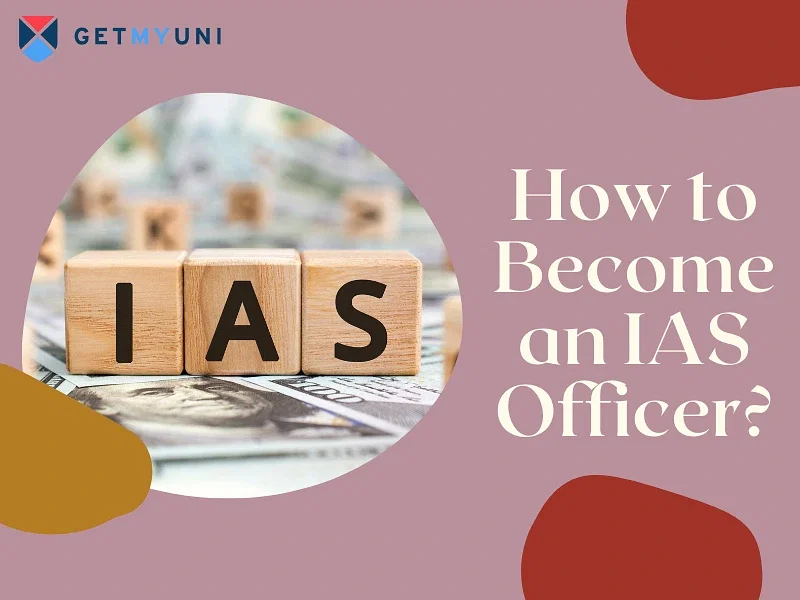
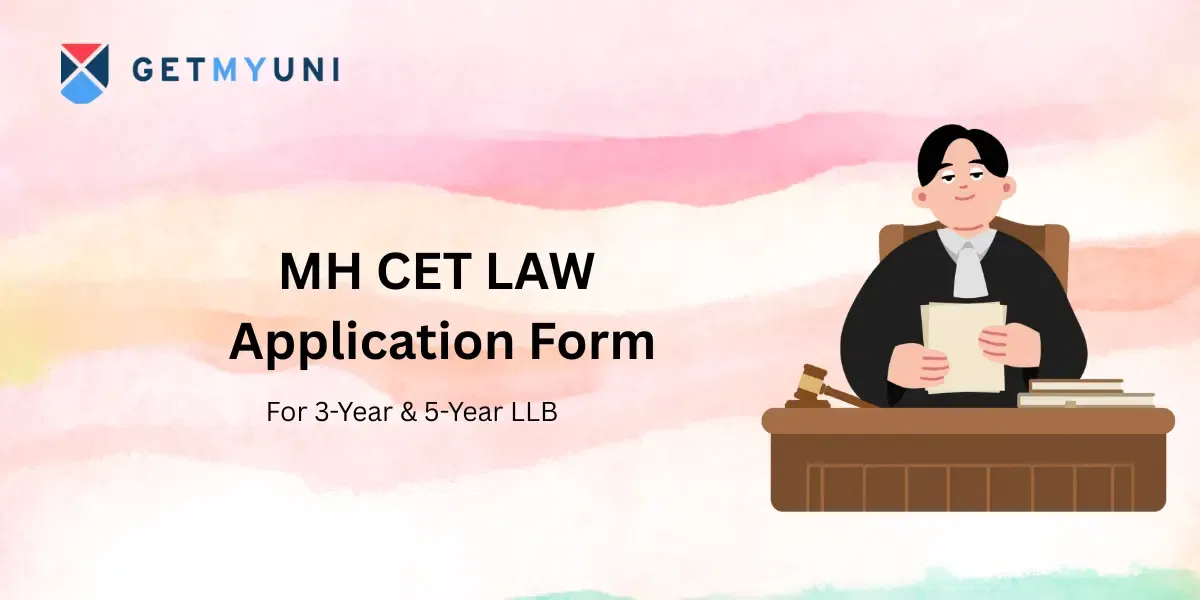
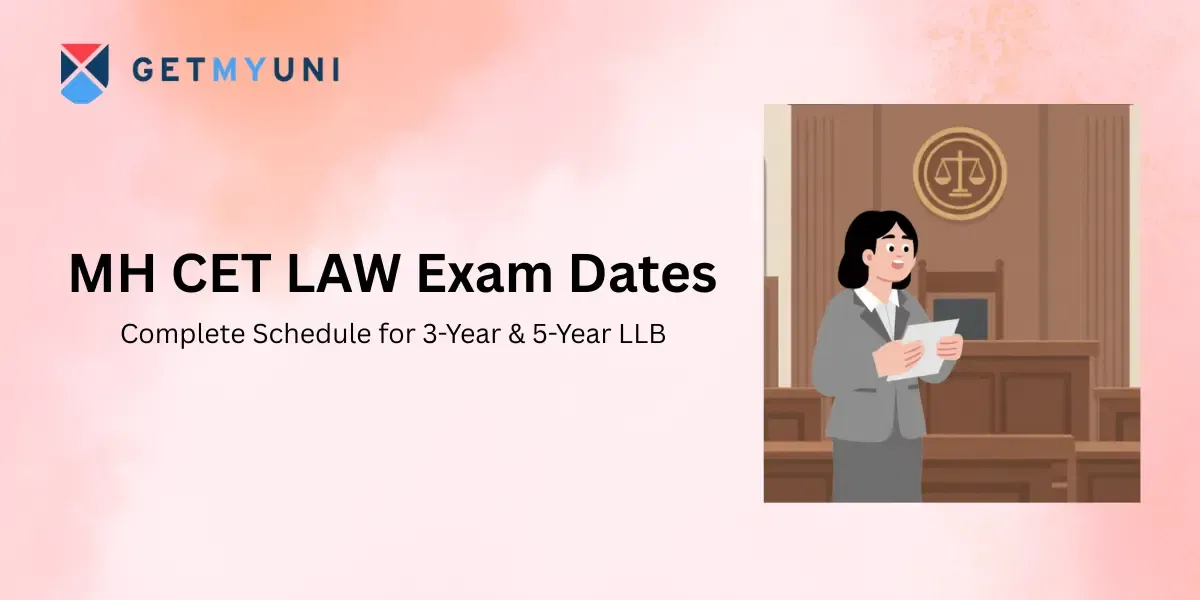

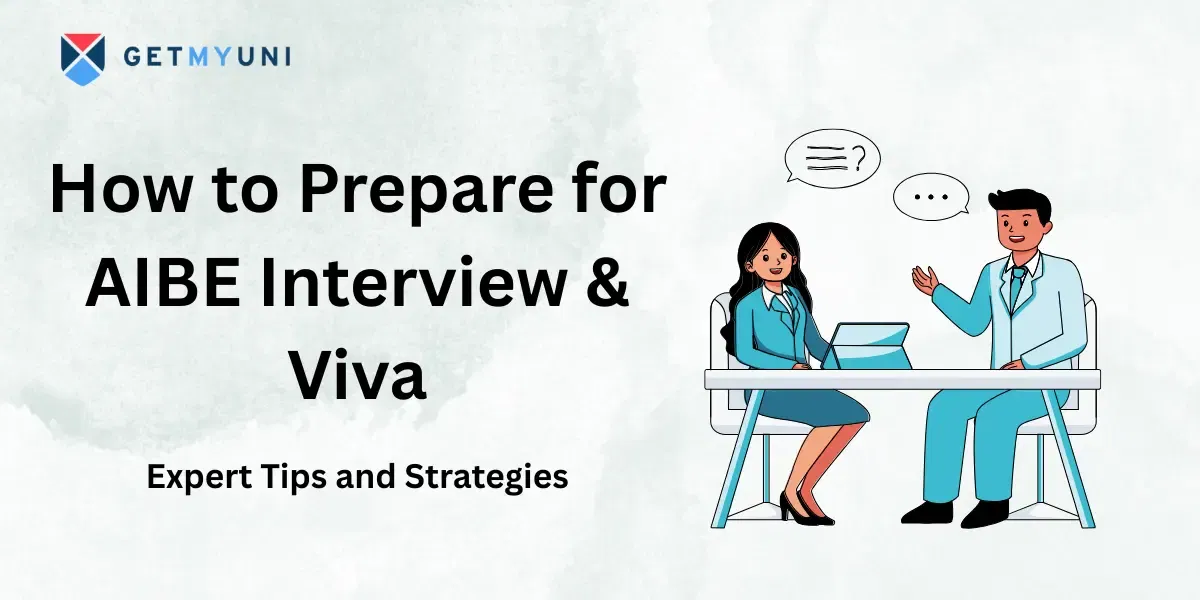

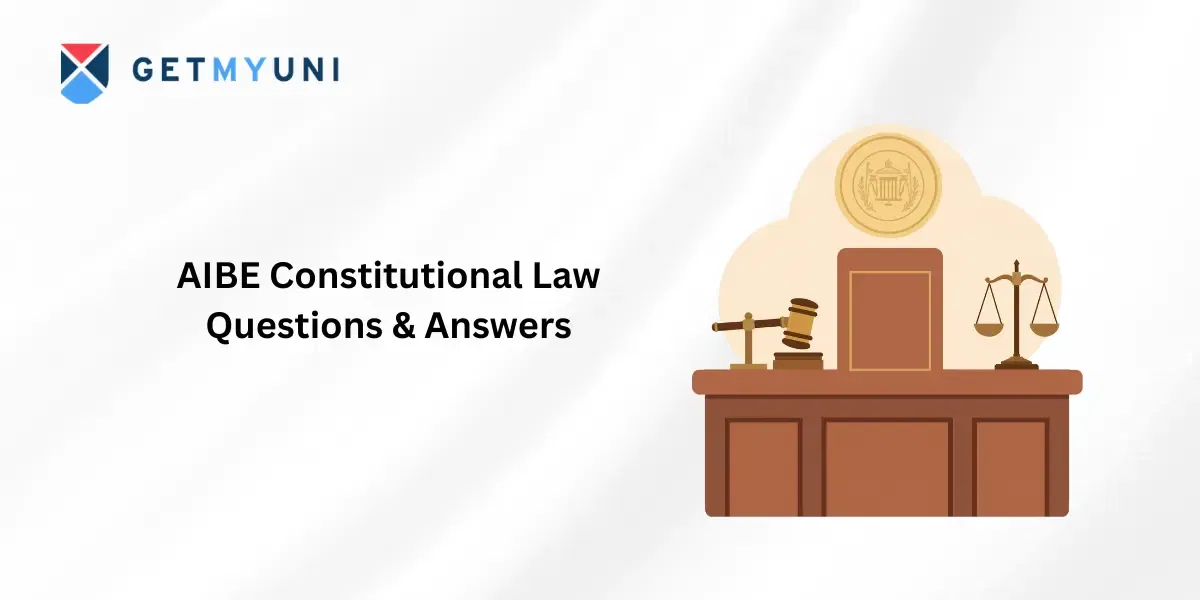
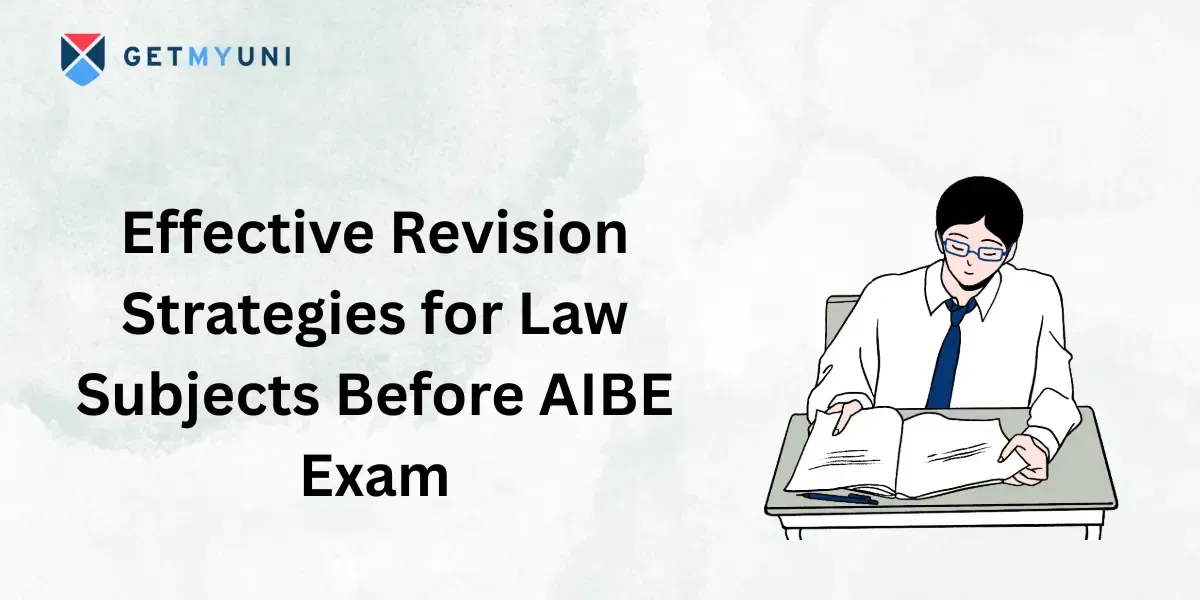

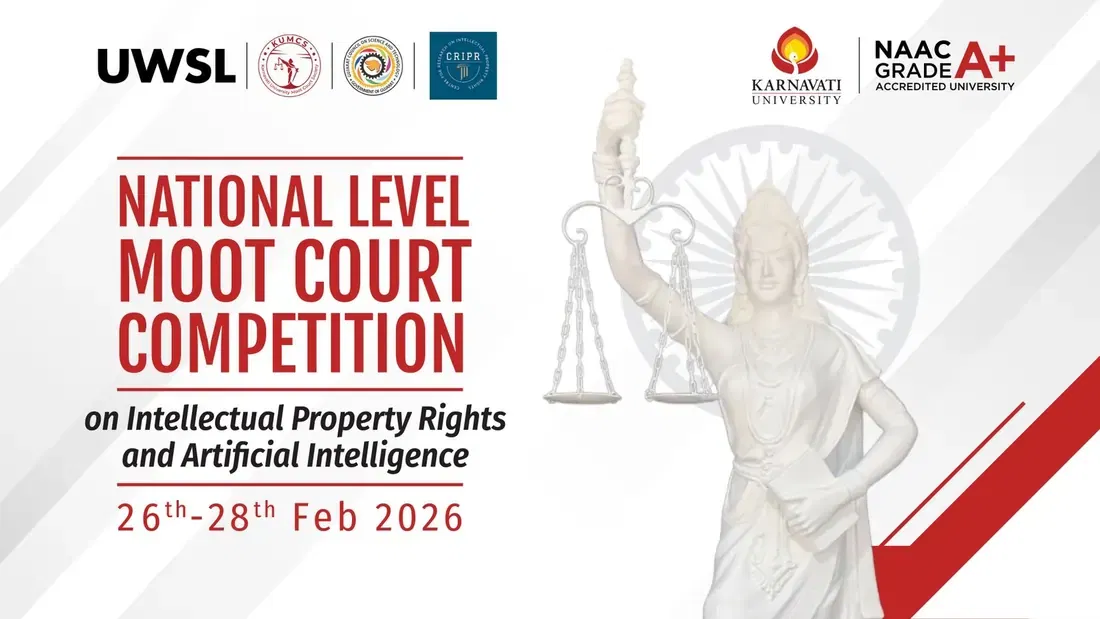
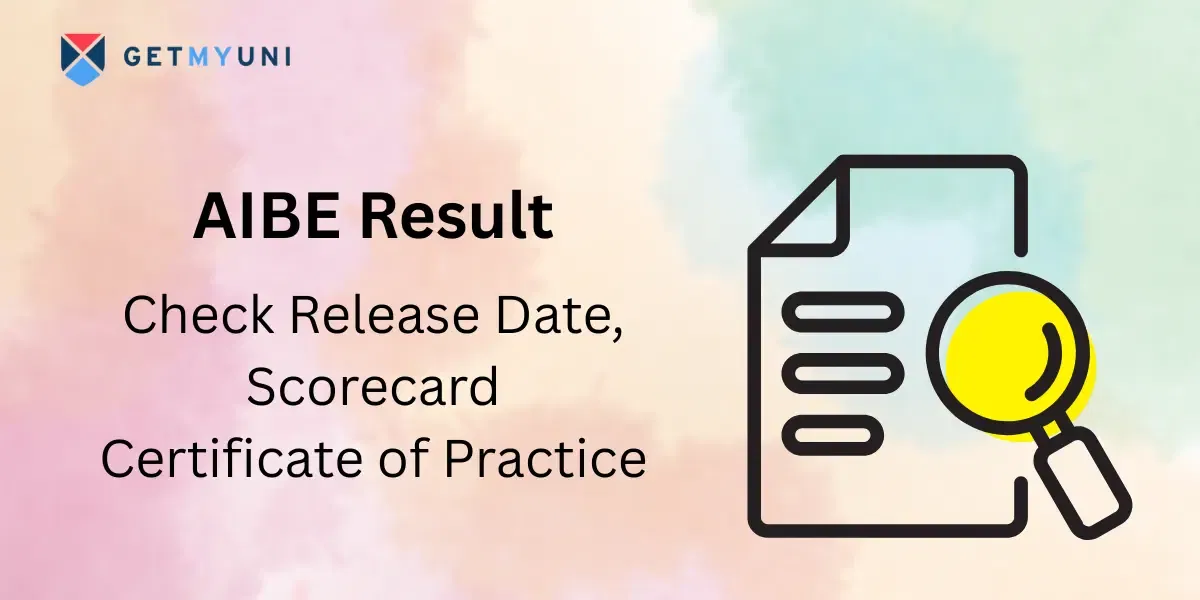











POST YOUR COMMENT